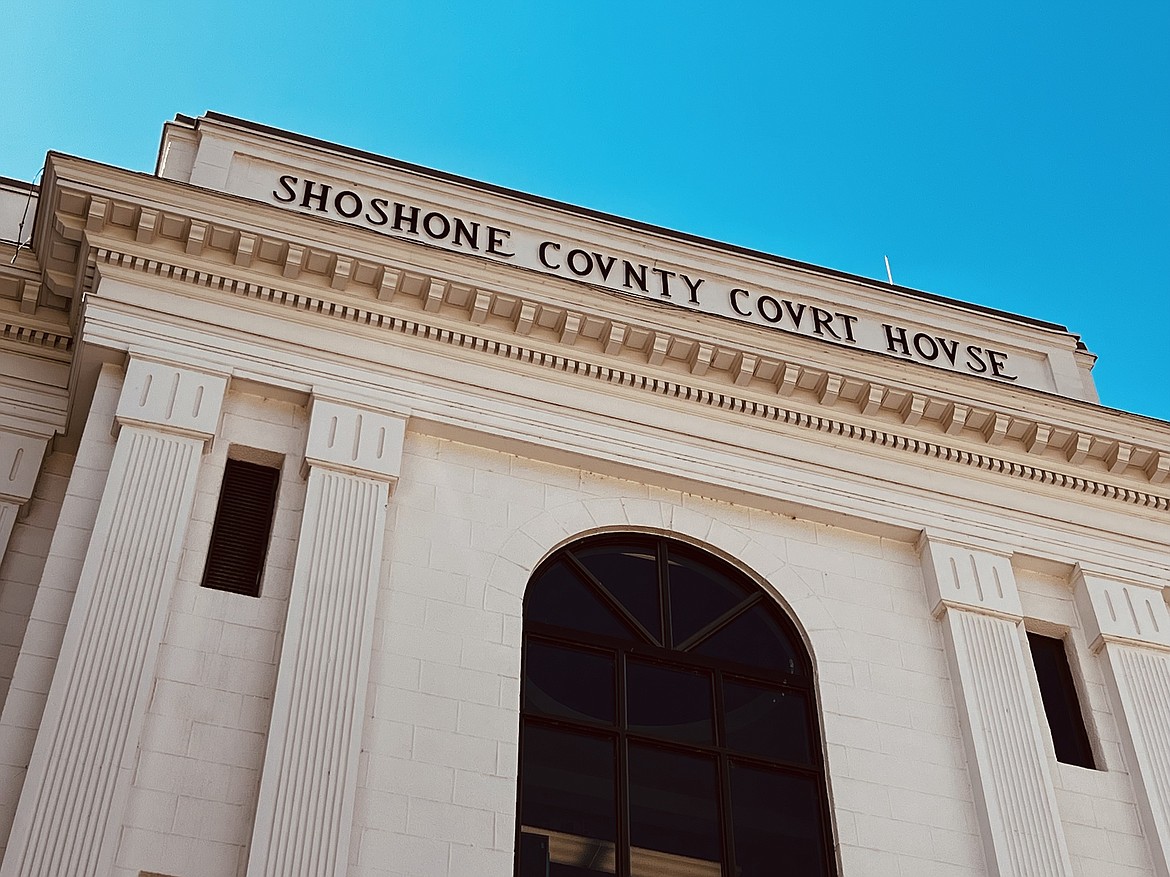Acknowledging hardship
WALLACE – Changes to Idaho’s Property Tax Reduction program in 2021 may have put many Shoshone County residents in a position to claim hardship.
The Shoshone Board of County Commissioners heard a petition Wednesday for a hardship exemption from a local resident who suddenly saw her annual taxes raised by nearly 200% despite previously qualifying for the circuit breaker for many years.
The resident, who lives on an exceptionally tight budget, dutifully paid her taxes despite the increase and then sought help to figure out what had happened.
She discovered she is one of an estimated 4,000 Idahoans who have all experienced a similar increase since the passing of House Bill 389 by the Idaho Legislature in 2021.
Not only did her property taxes increase, but because her home valuation went up, she was no longer eligible for the tax relief she received through the program, better known as the circuit breaker.
According to the Idaho State Tax Commission, the program provides reduced property taxes for income-eligible Idaho homeowners who are 65 or older, disabled, widowed, former prisoners of war or hostages, and motherless or fatherless children under 18. The state then makes up the difference in local government property tax revenue that otherwise wouldn’t be received.
In 2021, the maximum income allowed to qualify for the program was just less than $32,000.
In 2020, 26,916 Idaho residents filed claims through the program and 85% of them were 65 years or older.
Nearly a quarter of those claimants made $12,590 or less, the lowest income bracket that is tracked, while those at the maximum-allowed bracket were just over 5%.
HB389 changed one particular eligibility requirement — one that is seemingly out of the owner’s control. The new legislation did raise the maximum exemption amount from $1,320 to $1,500 but, in exchange, HB 389 added a property value metric to determine qualification for the program.
Anyone whose home was valued at 125% of the median price in their county of residence would no longer qualify for the exemption.
So for example, in May 2022, the median home value in Shoshone County was $310,000, so anyone whose home was valued at $387,500 was no longer eligible for the circuit breaker program, even if they met the income limits.
To bring this back to the local level, when the Shoshone County resident in question received her tax bill for 2022, the $1,500 exemption wasn’t there, but she paid the total amount, just over $2,500, and decided to look into the reason for the increase.
Nothing about her income had disqualified her, but her home, which she owns outright, exceeded the maximum-valuation threshold.
After hearing all the evidence provided, Shoshone County Commissioner Tracy Casady agreed with the petitioner and made a motion to approve the full circuit breaker amount of $1,500 for the resident, which will be credited toward future tax payments.
“I realize that we are setting a precedent in our county like some other counties have,” commission board chair Dave Dose said. “My concern is that the state legislature created the problem, not the citizen, and I don’t want us to give the impression that we’re going to start forgiving taxes for other reasons. But, very specifically, what we’re saying is that we recognize the legislature’s error and so have they, and we’re not going to let folks who would’ve qualified for that be penalized for that error. We’re correcting the state’s action.”
In the wake of the legislature’s decision in 2021, several legislators have worked to rectify the situation. During the 2023 legislative session, they increased the maximum income limit to $37,000 and pushed the median home value metric to 200%
Commissioner Dose believes there may be other people in Shoshone County who were affected by the law change and that the Shoshone Board of County Commissioners is willing to hear their petitions and make a decision on a case-by-case basis if a hardship exists.
For information on the Idaho Property Tax Reduction program, visit www.tax.idaho.gov.



